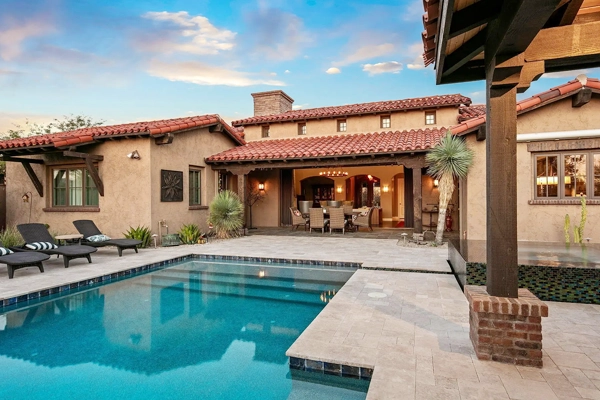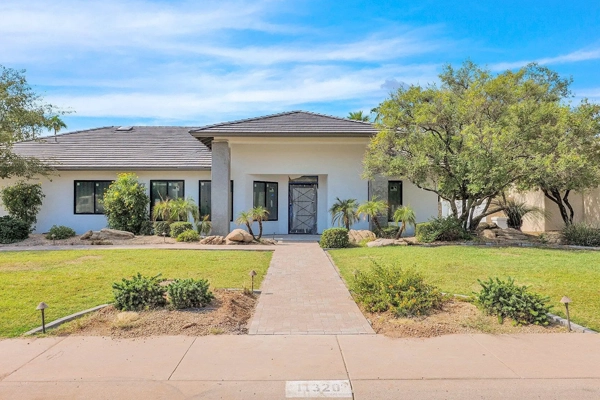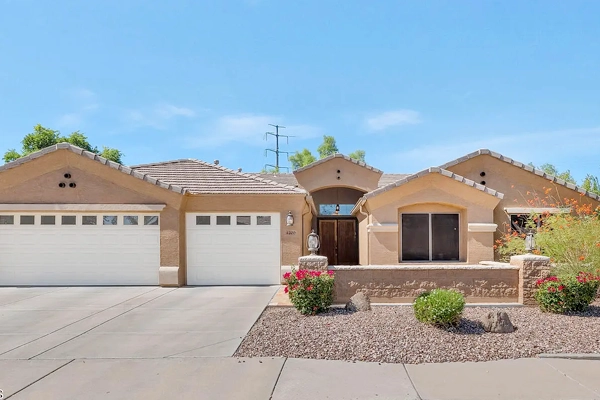Let’s Explore Your Selling Options. I’ll help you sell your home at the price and terms you want. Free Selling Strategy Call
Are you thinking about cashing in on your home? You’ve got two main plays: sell it and pocket the equity, or join the growing crowd of homeowners turning their digs into a rental property. If a monthly rent check sounds appealing, I’ll walk you through the how-tos and weigh the ups and downs of going from homeowner to landlord:
How to turn your home into a rental property. To turn your home into a rental, start by checking with your lender, especially if you still have a mortgage, as the loan may need to be adjusted for rental use or fully paid off first. Most loans also require you to live in the home for at least a year before renting it out. Additionally, local laws and HOA rules should be reviewed, as some places restrict converting homes into rentals. By understanding these requirements and regulations upfront, you can avoid potential legal issues and ensure a smooth transition from homeowner to landlord.
Pros of converting your primary residence into a rental. There are fantastic pros to converting your home into a rental. For example, you’ll have a steady stream of passive income you can use to invest in other areas. Rents have been rising nationwide, so you might be able to make more money from your rental than you think. Rentals also have many tax benefits, the most important being the depreciation write-offs. This is an exemption for general wear and tear, and it could make all your rental income tax-free. If you’d like to learn more about how this exemption works, contact your lender or accountant for more details.
Cons of converting your primary residence into a rental. Unfortunately, there are some cons to turning your primary residence into a rental. Maintaining a rental can be full-time unless you pay a property manager. Also, you forfeit the ability to exempt yourself from capital gains taxes when you eventually sell. You can get around this by using a 1031 exchange, but you’d have to use the funds to purchase another investment property, so your options are limited.
Now, whether you’re dreaming of mailbox money or just looking for a change, turning your home into a rental isn’t a decision to take lightly. It comes with its own set of perks and pitfalls, paperwork and profits. Weigh the pros, brace for the cons, and ensure you’re not just chasing rent checks but genuinely ready to take on the landlord’s life. After all, it’s not just about turning keys—it’s about turning your home into a wise investment.
If you want to learn more about converting your primary residence into a rental or know what your home is worth, call or message me at (602) 413-8195. I’d love to assist you in making the best decision for your situation.
-
Let’s Explore Your Selling Options. I’ll help you sell your home at the price and terms you want. Free Selling Strategy Call
-
What’s Your Phoenix Home Worth?. Are you thinking of selling your home or interested in learning about home prices in your neighborhood? We can help you. Free Home Value Report
-
Looking for a Phoenix Home?. Search the entire MLS for your Phoenix home. Search the MLS
-
Free Real Estate Newsletter. Get our latest Q&A, insights, and market updates to make smarter decisions. Subscribe Now







